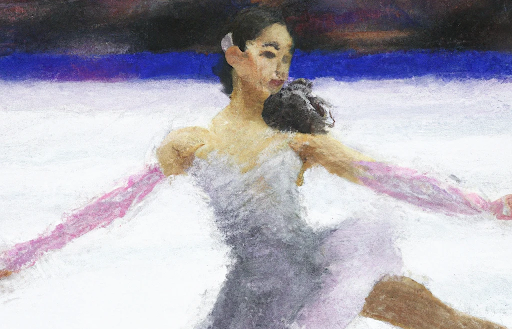
The Court of Arbitration for Sport, an international sports court of justice, will oversaw a hearing, September 26th, in Lausanne, Switzerland. The hearing has been called to settle a long drawn-out matter involving Russian Skater Kamila Valieva and a positive drug test (for Trimetazidine, a performance-enhancing heart medication) at the 2022 Winter Olympics in Beijing.
The situation with Valieva had competitor countries under the assumption that they would be re-evaluated and awarded accordingly. The U.S. silver medal would be re-minted into gold, Japan coined silver and Canada medallioned bronze.
A disappointment, however, has been the handling of this situation. In an NPR article discussing the situation, Brian Mann quotes Zhou Donahue, “Athletes were promised a swift resolution, but as months dragged on disappointment turned to ‘outrage and just disbelief.’”
Their frustration is nothing short of founded, as the 2022 games have already seen two winters since its absence and no communication with competitors.
Only recently have athletes heard, conveyed by a statement from the International Court of Arbitration for Sport, that the decision is projected to be made after, “at least three days of testimony behind closed doors.” Speculators say that Valieva could face up to a four-year ban from competition.
In spite of Valieva’s looming fate, Russia will still be allowed to participate in the Paris games next summer.












